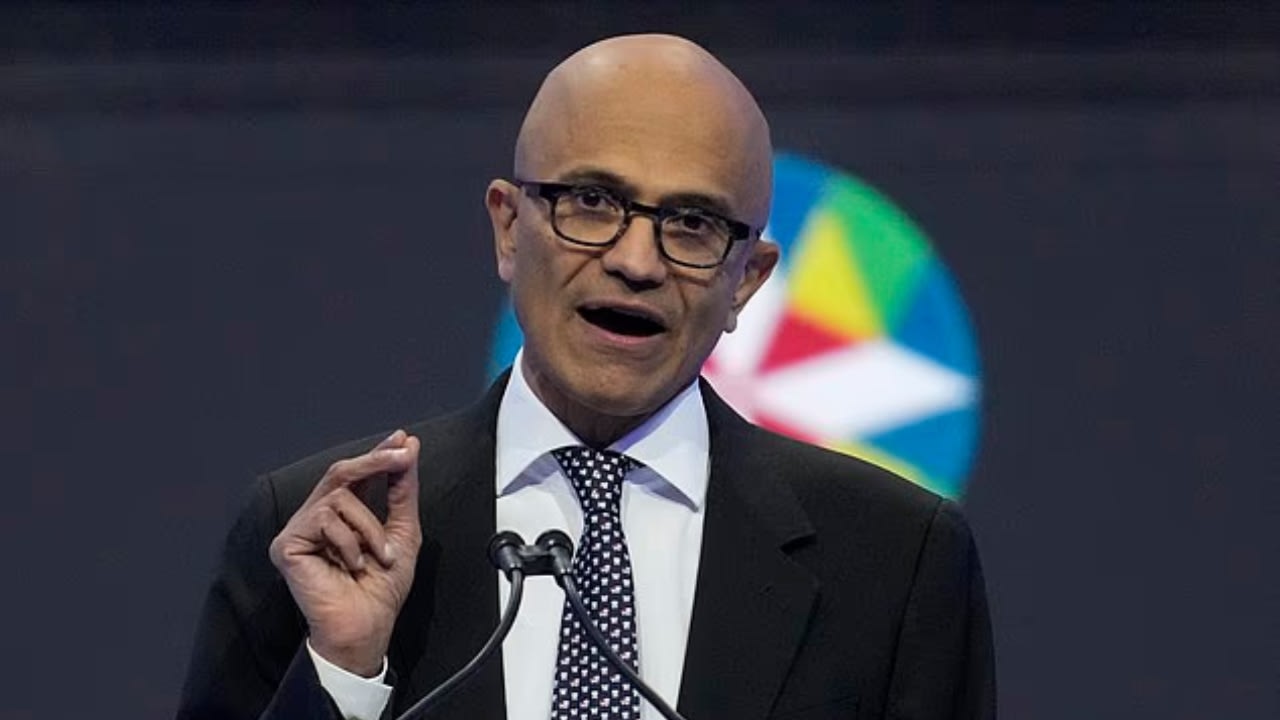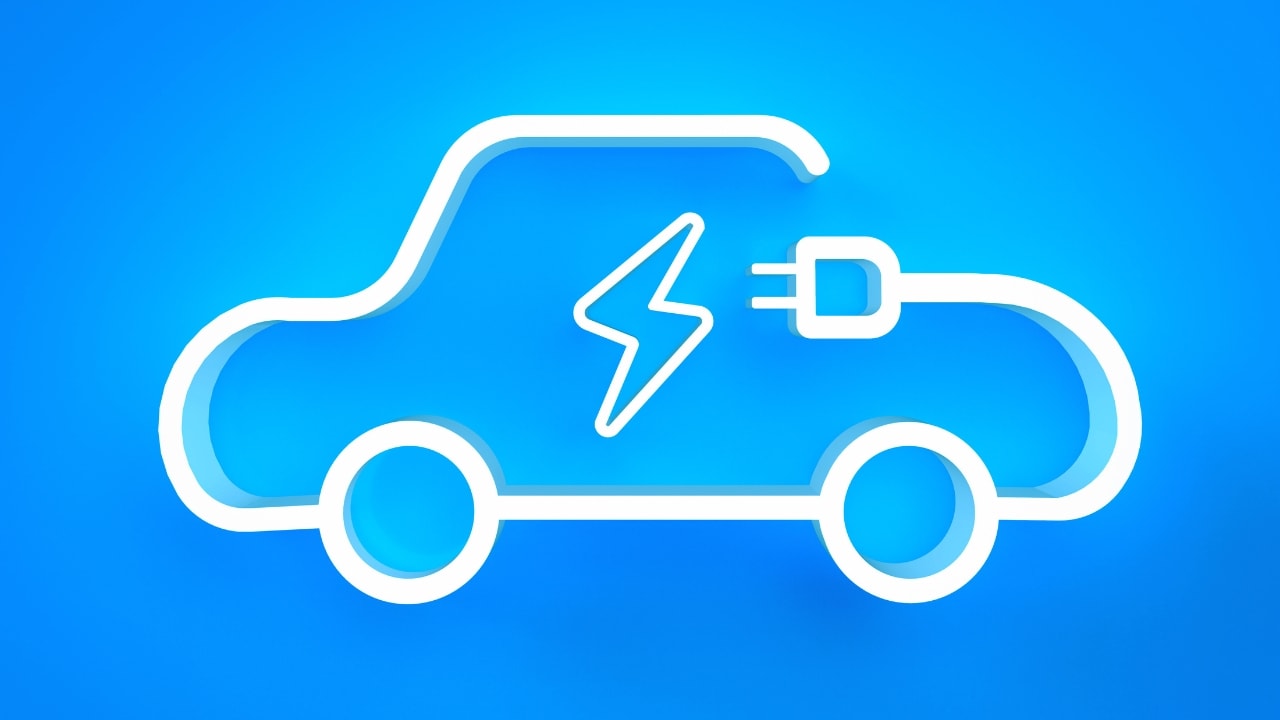
In response to shifting market dynamics and a recalibration of its electric vehicle (EV) charging business, BP has implemented significant changes, including a reduction in workforce and a strategic withdrawal from certain markets.
The move, spearheaded by CEO Murray Auchincloss, reflects the company’s efforts to streamline operations and prioritise profitability amid investor scepticism regarding its transition from traditional oil and gas to low-carbon energy solutions, reported Reuters.
BP Pulse, the company’s EV charging arm, has undergone substantial restructuring, consolidating its operations from 12 countries to four key markets: the United States, Britain, Germany, and China.
These regions are identified as having the highest potential for EV market growth, aligning with BP’s long-term strategic objectives in the renewable energy sector. As part of this realignment, over 100 jobs, representing more than 10% of BP Pulse’s global workforce of 900, have been eliminated, with some employees being reassigned internally.
The decision to streamline operations comes amid broader industry challenges, with automakers worldwide facing slower-than-anticipated adoption rates for EVs. While EV charging remains a pivotal growth area for BP, the company has made strategic adjustments to its approach, recognising the need for targeted investments in high-growth markets to optimize returns.
Despite these changes, BP remains committed to its ambitious EV infrastructure goals, aiming to expand its charging network from over 29,000 points at the end of 2023 to 100,000 points by 2030.
BP’s pivot in its EV charging business reflects a broader trend in the industry, characterized by ongoing adjustments to evolving market dynamics and consumer preferences. The company’s initial expectation that commercial fleets would lead the transition to EVs at scale has not materialised as anticipated, with external factors such as economic pressures and government policies influencing adoption rates.
Consequently, BP has reevaluated its strategy to focus primarily on fast charging hubs, discontinuing its home EV charging business last May.
Despite these strategic shifts, BP remains optimistic about the long-term prospects of its EV charging and convenience stores operations. With a targeted return exceeding 15% and anticipated earnings of $1.5 billion by 2025, the company is poised to capitalise on the growing demand for sustainable transportation solutions.
By aligning its business priorities with market realities, BP aims to navigate the evolving landscape of the energy transition while delivering value to shareholders and stakeholders alike.










